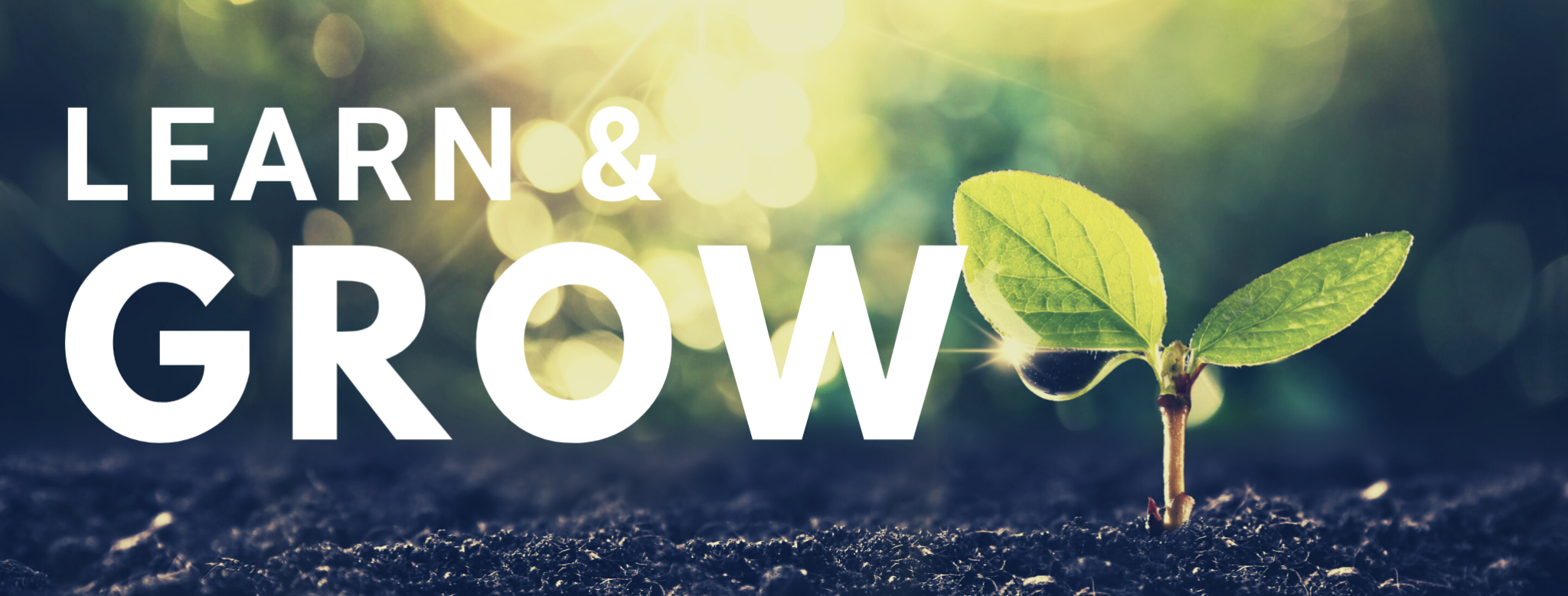Embarking on a journey of learning can be as exhilarating as it is daunting. The phrase “Be brave enough to be bad at something new” encapsulates the essence of growth and self-improvement. It urges individuals to embrace the discomfort that accompanies unfamiliar experiences. In an ever-evolving world where adaptability is paramount, this mindset becomes instrumental for personal, professional, and societal advancement. The exploration of this theme can unfold across various layers—focusing on personal development, skill acquisition, and fostering resilience, all of which are crucial in our increasingly complex environment.
At the core of this philosophy lies the notion of personal development. To grow as individuals, one must engage in activities that push boundaries and challenge the status quo. Being courageous enough to attempt something new, despite the inevitable mistakes, is a commendable act of bravery. This principle is vital not only in moments of self-reflection but also in high-stakes scenarios where risk-taking may lead to significant breakthroughs. By entering the arena of the unknown, individuals become more adaptive. They cultivate creativity, harnessing the diverse perspectives that arise from unique experiences. This sparks imaginative solutions to modern-day dilemmas, often rooted in environmental challenges such as climate change.
A pivotal aspect of embracing the unfamiliar is the process of skill acquisition. The journey begins with the recognition that expertise is not innate but rather cultivated over time. Whether learning a new language, delving into the culinary arts, or mastering a musical instrument, the initial stages often come steeped in frustration and failure. Acknowledging this reality can demystify the learning process. Mistakes should not be viewed as failures but instead as stepping stones on the path to proficiency. This growth-oriented mindset can be particularly inspiring in fields that require an understanding of complex systems—such as sustainability practices and ecological conservation.
Moreover, the courage to be a novice cultivates resilience—an essential quality in today’s fast-paced world. Resilience refers to the ability to bounce back from setbacks and adapt to adversity. When individuals venture into the realm of the unknown, they not only confront their limitations but also learn to navigate them. Each misstep serves as a lesson; resilience flourishes in the face of failure, shaping stronger personalities who are well-equipped to tackle challenges both large and small. As people learn to embrace discomfort, society as a whole benefits. Such tenacity promotes a culture of innovation and problem-solving, integral in addressing pressing issues like climate change.
The application of this mindset extends beyond personal boundaries and can significantly influence communal and environmental outcomes. Collective learning and unifying efforts can lead to transformative change at a societal level. Community initiatives that encourage hands-on involvement, particularly in environmental stewardship, exemplify this principle. For instance, participating in local tree planting or conservation projects often involves navigating uncertainties—individuals may initially feel ill-equipped for the task. However, the growing awareness of one’s impact on the environment can serve as powerful motivation. By working together, communities can cultivate a culture of learning that emphasizes sustainability and ecological responsibility.
Additionally, organizations and educational institutions play a critical role in fostering an environment conducive to this growth mindset. Incorporating experiential learning and project-based activities into curricula can encourage students to embark on exploratory ventures. The education sector must position itself as an incubator for innovation, offering spaces where trainees can experiment without fear of failure. Implementing programs that emphasize environmental education can empower the next generation to take ownership of their ecological footprint. By normalizing the idea of beginning anew, educational systems can instill values of sustainability and stewardship that extend beyond the classroom.
Furthermore, technology amplifies the opportunity to learn and grow in diverse arenas. Online platforms and digital resources facilitate access to knowledge that was once confined to geographical boundaries. As such, individuals are prompted to pursue interests they may have deemed unattainable, ranging from coding to climate science. The beauty of technological tools lies in their capacity to break down barriers; this democratizes information and fosters a global community keen on continuous improvement. However, it is paramount that we approach these tools with courage and curiosity, undaunted by the uncertainty that accompanies learning new skills.
Ultimately, the interplay of personal growth, skill acquisition, and resilience creates a foundation for societal transformation. Individual bravery in confronting the discomfort of being a novice yields collective empowerment. When people allow themselves the freedom to be bad at something new, they open the door to innovation and creativity, which are essential in tackling global challenges like climate change. The mantle of responsibility rests not solely on the shoulders of experts; it invites everyone to participate, paving the way for a more sustainable future.
In summary, the courage to be bad at something new is not merely a call to action; it is a transformative mindset that fosters growth and resilience. By embracing the journey of learning, individuals can develop skills that contribute to personal fulfillment and societal betterment. As we navigate the complexities of modern life and the pressing challenges that lie ahead, let us collectively champion the value of exploration, asserting the importance of being brave enough to step into the unknown.
